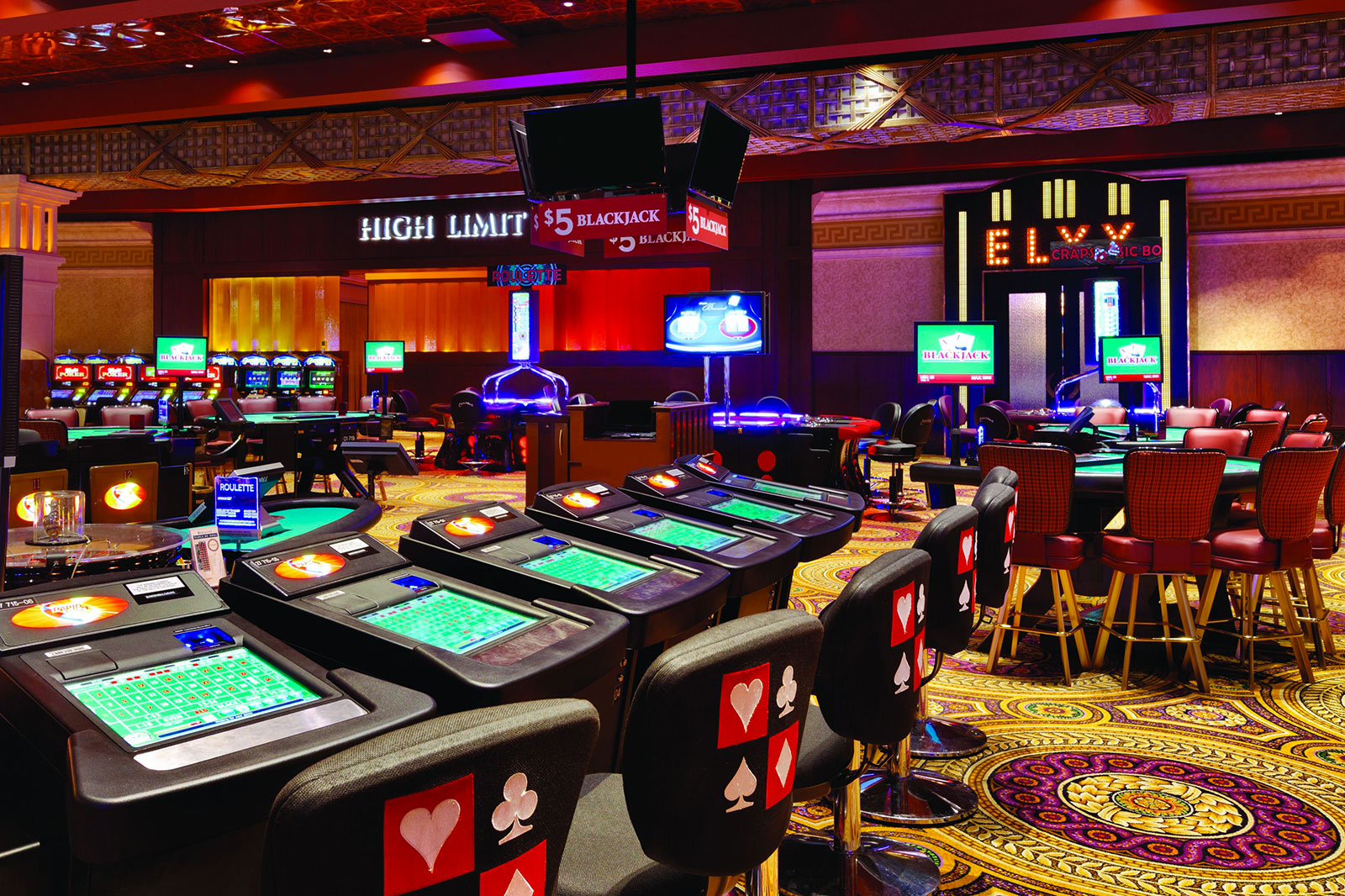
Betting has been an integral part of human entertainment for thousands of years, developing through societies and eras to become the dynamic casino games we know today. From the ancient Chinese and Romans, who engaged in various forms of betting and chance, to the sophisticated gaming floors of contemporary casinos, the allure of risk and winning has enchanted individuals across the globe. The transition from basic dice games and primitive betting setups to the opulent settings of contemporary casinos reflects major strides in both cultural standards and technological.
As societies evolved, so too did the complexity of gambling activities, with casino games emerging as a unique category of leisure and thrills. These games have transformed from informal gatherings centered around traditional tables to sprawling, lavish establishments designed to lure players. Today, we investigate this intriguing journey, analyzing how historical practices laid the foundation for the diverse and exciting casino activities that bring pleasure to millions worldwide.
spintax
Ancient Wagering Traditions
Gambling has significant roots in human history, with evidence of activities of chance tracing back to ancient civilizations. Archaeologists have discovered that as far back as 3000 BC, the Chinese were using rudimentary forms of gambling with dice made from bones. Similarly, ancient Mesopotamians engaged in gambling activities, often relying on the casting of lots or dice to determine results. These early forms of gambling served not only as amusement but also played vital roles in social and cultural customs.
The Egyptians also were involved in betting activities, with games that included betting on the results of various occurrences, including athletic events and spiritual festivals. Items such as dice and depictions of players from ancient tombs demonstrate that betting was a popular pastime. It provided both relaxation and a means of engaging in social connections, often linked to festive occasions or significant gatherings. This behavior demonstrated the universal appeal of chance and competition throughout history.
In ancient Rome, wagering became a commonplace practice among the citizens, as evidenced by references in literature and the establishment of rules around certain games. Romans enjoyed a variety of gambling activities, from wagering on horse races to playing games like modern-day board games. The legal structure surrounding these activities began to take shape, establishing the foundations for gambling regulations that would develop in the centuries to come. The prevalence of gambling during this period set the stage for the development of gambling house games in the future.
The Development of Gambling Games
Casino games have gone through substantial transformations from their roots to the contemporary entertainment offerings. In ancient civilizations, gaming was often connected to ceremonial practices, with games of dice found in Mesopotamia and betting on the outcomes of events in classical Rome. These initial forms of gambling laid the basis for the organized games we see today. The change from informal gambling to systematic games occurred as societies began forming rules and venues for wagering, showing cultural values and practices.
The medieval period saw the rise of card games, which gained fame among the nobility of Europe nobility. Games like primero and the game baccarat became mainstays in social gatherings. The development of printing technology further aided the spread of playing cards, making them more accessible to the masses. As gambling houses began to increase, these card games developed into adaptations that appealed to wider audiences, eventually leading to the establishment of casinos as specialized venues for gaming.
The 1900s marked a crucial point in the progression of casino games, with the rise of commercial casinos in Vegas and other betting centers. This era saw the introduction of games like video slots and modern adaptations of table games, complete with high-quality graphics and complex betting structures. The introduction of online casinos in the 1990s further transformed the gaming industry, allowing players to access a wide range of casino games from the comfort of their homes. Today, casino games continue to progress, blending classic elements with state-of-the-art technology to create engaging experiences for players around the globe.
Contemporary Gambling Regulations
In recent years, the environment of gambling regulations has evolved considerably, notably as technology and internet-based gambling have become more prevalent. Authorities around the planet have introduced numerous laws and guidelines to guarantee that gambling activities are conducted fairly, responsibly, and clearly. These regulations often encompass elements such as permits, advertising, player protection, and sensible gambling measures. 5MB Authorities aim to mitigate issues such as gambling addiction and fraudulent activities while promoting a just gaming environment.
The growth of online casinos has required a fresh approach to regulation. Many legal areas have set up dedicated online gambling structures that cater to online gaming, allowing operators to provide their offerings within the law. These frameworks often demand operators to secure permits, follow strict safety protocols, and offer customer support options to help players. By vigilantly monitoring internet activities, regulators can more effectively protect consumers from potential harm and make sure that gaming is carried out in a safe manner.
Furthermore, modern gambling laws are increasingly centering around responsible gambling strategies. Many casinos and online platforms now adopt features such as self-exclusion, deposit limits, and time-outs to help players control their gambling habits. Educational campaigns aimed at educating about the risks of gambling are also frequent. As the industry continues to grow, the focus on responsible gambling remains a cornerstone of regulatory efforts, reflecting a dedication to promoting a safe and enjoyable gaming experience for all players.